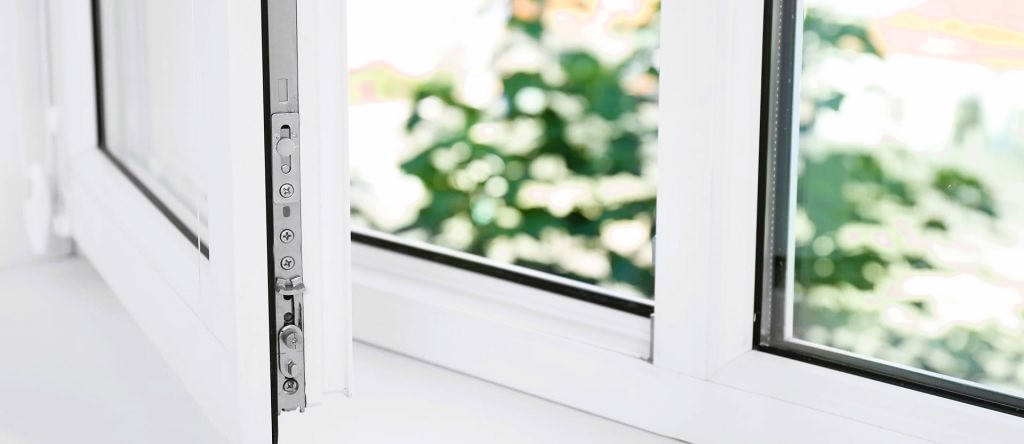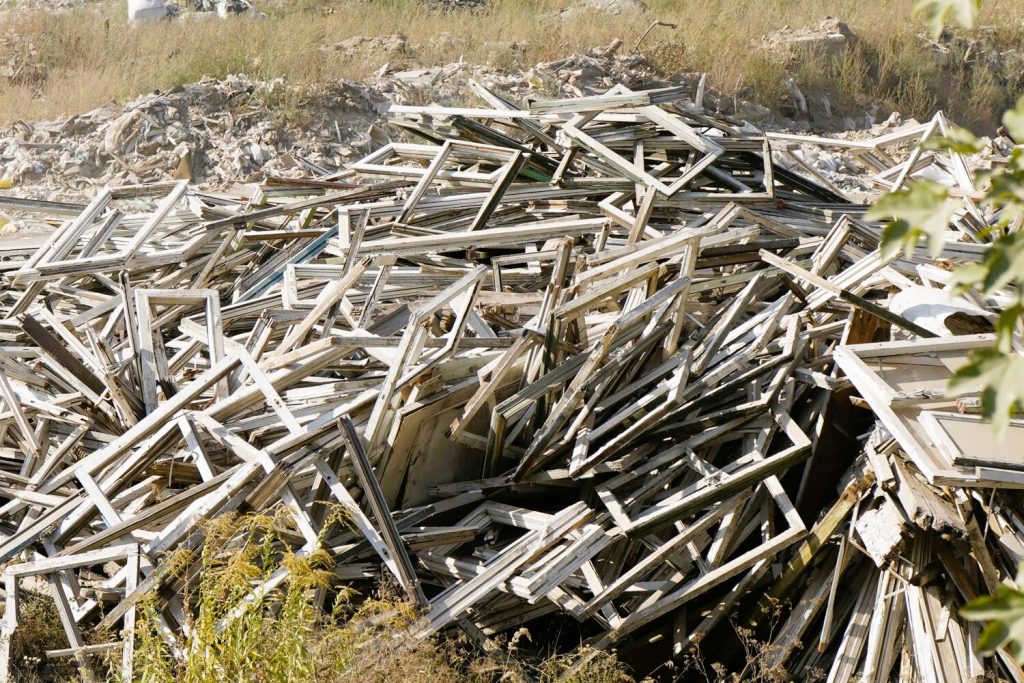Plastic windows, also known as vinyl windows, have become a popular choice for homeowners due to their durability, energy efficiency, and affordability. While these windows have many benefits, there has been increasing concern about their environmental impact. In this article, we will discuss the environmental impact of plastic windows and what can be done to reduce their negative effects.
Production and Disposal
The production and disposal of plastic windows have significant environmental impacts. The manufacturing process involves the use of petroleum-based materials, which are non-renewable and contribute to greenhouse gas emissions. In addition, the disposal of plastic windows can pose a problem, as they are not biodegradable and can take hundreds of years to break down in landfills.

Energy Efficiency
While plastic windows are energy-efficient and can help to reduce energy consumption and carbon emissions, their production and disposal still have a significant impact on the environment. In addition, the energy efficiency of plastic windows can vary depending on the manufacturing process and materials used. I like the article, read also about the care of plastic windows.
Recycling
One solution to reduce the environmental impact of plastic windows is recycling. While many plastic windows can be recycled, the process can be complicated and costly. The windows must be separated from other materials, such as metal or wood, and cleaned thoroughly before being processed. In addition, not all recycling facilities accept plastic windows, which can limit their recyclability.
Upcycling and Reusing
Another option to reduce the environmental impact of plastic windows is upcycling and reusing. Old windows can be repurposed for a variety of uses, such as creating art or furniture, or as greenhouse panels. This can help to reduce waste and extend the life of the windows.
Sustainable Alternatives
In recent years, there has been an increasing demand for sustainable building materials, including windows. Some companies are now offering eco-friendly alternatives to traditional plastic windows, such as windows made from sustainable materials like wood or aluminum, or using recycled materials in the manufacturing process.
In conclusion, plastic windows have many benefits but also have significant environmental impacts, from production to disposal. While recycling, upcycling, and using sustainable alternatives can help to reduce their negative effects, there is still much to be done to address the environmental impact of plastic windows. As a consumer, it is important to consider the environmental impact of your choices and to make informed decisions when choosing building materials, including windows. By working together, we can create a more sustainable future for ourselves and for the planet.

It is important to note that the environmental impact of plastic windows may vary depending on several factors, including the manufacturing process, the quality of the materials used, and the disposal method. For example, windows made from recycled materials or using renewable energy in the manufacturing process may have a lower environmental impact than traditional plastic windows.
Additionally, the energy savings from plastic windows can offset some of their environmental impact. By reducing energy consumption and carbon emissions, plastic windows can help to mitigate the effects of climate change and reduce the overall environmental impact of buildings.
To further reduce the environmental impact of plastic windows, it is important to consider their lifespan. High-quality windows can last for many years, while lower-quality windows may need to be replaced more frequently. Choosing durable, high-quality windows and properly maintaining them can help to extend their lifespan and reduce waste.
Finally, it is important to dispose of plastic windows properly. If the windows are no longer usable, they should be recycled or disposed of in a responsible manner. This can include contacting local recycling facilities or waste management companies to determine the best disposal method.
In summary, while plastic windows have many benefits, they also have a significant environmental impact. By choosing sustainable alternatives, properly maintaining windows, and disposing of them responsibly, we can help to reduce their negative effects on the environment and create a more sustainable future.
